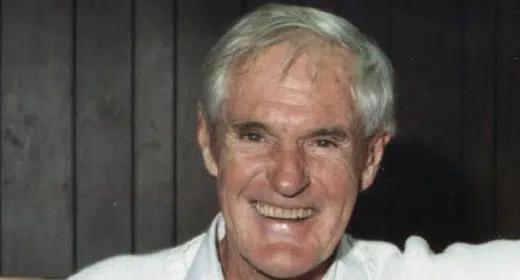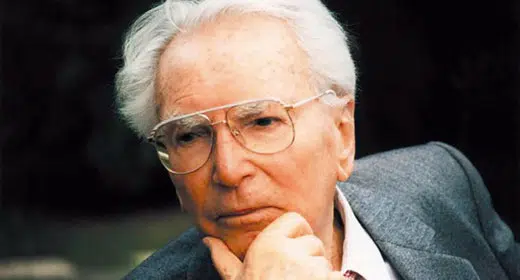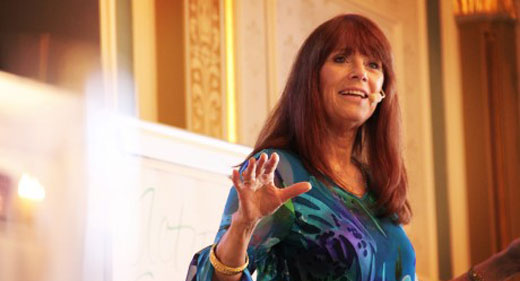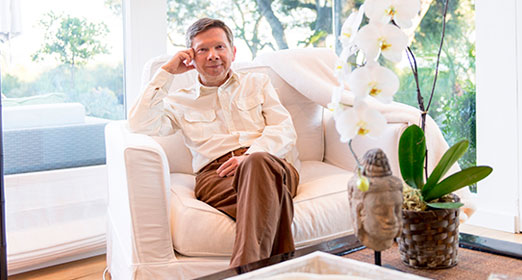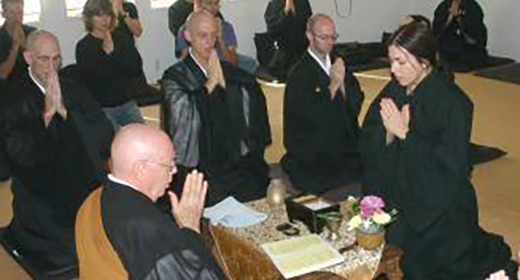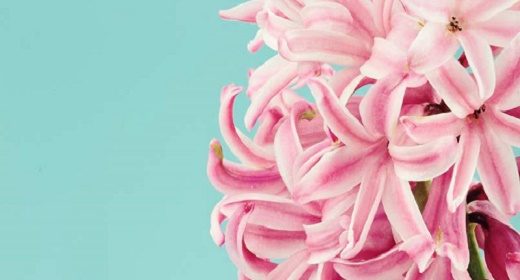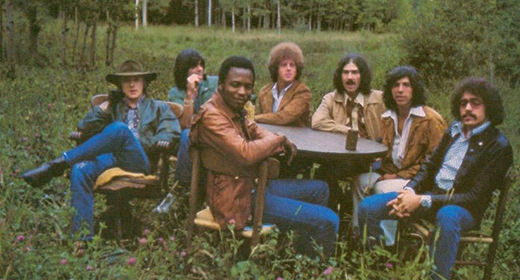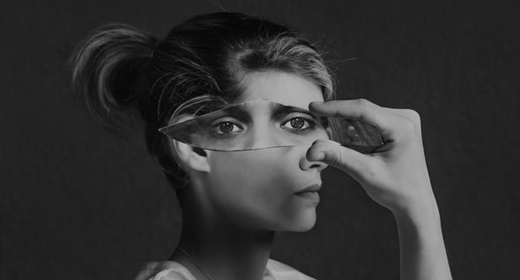By Sam de Brito: Been thinking about guilt lately: how it can be as addictive as nicotine, love or shame and how many of us use it as a phantom method of accepting responsibility 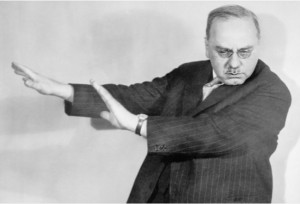 – “hey, at least I feel guilty about my behavior, don’t I?” – when we’re actually dodging culpability and passively ensuring a situation remains unchanged.
– “hey, at least I feel guilty about my behavior, don’t I?” – when we’re actually dodging culpability and passively ensuring a situation remains unchanged.
I’m not sure when I got into the habit of guilt but I know that, for many years, the first thing I did when I woke up was try to find stuff to feel bad about. Did I smoke or drink the night before? Did I exercise? Do my BAS? Visit my grandma? Lie to a woman? Eat fatty food? … whatever.
Over the years I whittled down that list; stopped lying to women, visited my nan, started running, but I’d always keep something on the backburner to feel guilty about – cigarettes, or when I stopped them, booze, or when I stopped that … well, you get the picture.
Somewhere along the line, though, I realised that my guilt, about whatever it may be, was a very convenient way to hang on to the way things were, to make sure life remained the same.
The guilt, as uncomfortable as it may have felt, was more comfortable than admitting to myself I had power over that stuff, and therefore the rest of my life.
The elephant in the room here, of course, is depression. If a person is feeling regular, sustained guilt about something, whether it’s boozing, gambling or cheating and then beating themselves up about it, it’s also a good chance they’re depressed, aka stuck in the mud, bogged down.
In his Pulitzer Prize winning masterpiece The Denial of Death, Ernest Becker recounts the work of psychotherapist Alfred Adler, a colleague of Freud, who described depression as “a problem of courage” and “a series of silent retreats”.
The depressed, writes Becker, “have lived lives of ‘systematic self-restriction’, and the result is that the less you do the less you can do, the more helpless and dependent you become. The more you shrink back from the difficulties and the darings of life, the more you naturally come to feel inept, the lower your self-evaluation.”
Adler’s a hard man and also goes on to describe the depressed person as a “spoiled child”, who refuses to grow up and accept responsibility for their lives but I believe there’s a diamond-hard granule of truth in that for a lot of depressives.
Psychiatrist Gordon Livingston picks up on the theme in his best-seller Too Soon Old, Too Late Smart, observing: “Of all the burdens that weigh on our lives, being responsible for ourselves and those we care for can be the most onerous.
“People endure numbing routines, jobs they hate, unsatisfying relationships, all in order to fulfil the expectations they have of themselves. When no other relief is available to us, some form of illness or disability is one of the few socially acceptable ways of relinquishing the weight of responsibility,” writes Livingston.
Becker argues that, in order to live a fulfilled existence, “one must pay with life and consent to daily die, to give oneself up to the risks and dangers of the world, allow oneself to be engulfed and used up. Otherwise one ends up as though dead in trying to avoid life and death … the patient lies in bed for days on end, not eating, letting housework pile up.”
Becker quotes Medard Boss, the Swiss psychoanalytic psychiatrist, who once wrote: “It is always the whole existence of the melancholic patient which has failed to take over openly and responsibly all those possibilities of relating to the world which actually would constitute his own genuine self.
“Consequently, such an existence has no independent standing of its own but continually falls prey to the demands, wishes and expectations of others. Such patients try to live up to these foreign expectations as best they can, in order not to lose the protection and love of their surroundings. Hence the terrible guilt feelings of the melancholic … derive from his existential guilt.”
It is this “terror of individuation, of difference, of being alone” that drives so many of us to make those “silent retreats” and what better way than with booze or drugs or chocolate cake, wanking or work?
It feels like we’re being active, that we’re making a choice to live, but in fact it’s an incredibly passive existence, which we then reconfirm with our guilt about indulging in such behaviour, then deepen by repeating the cycle to escape the guilt.

